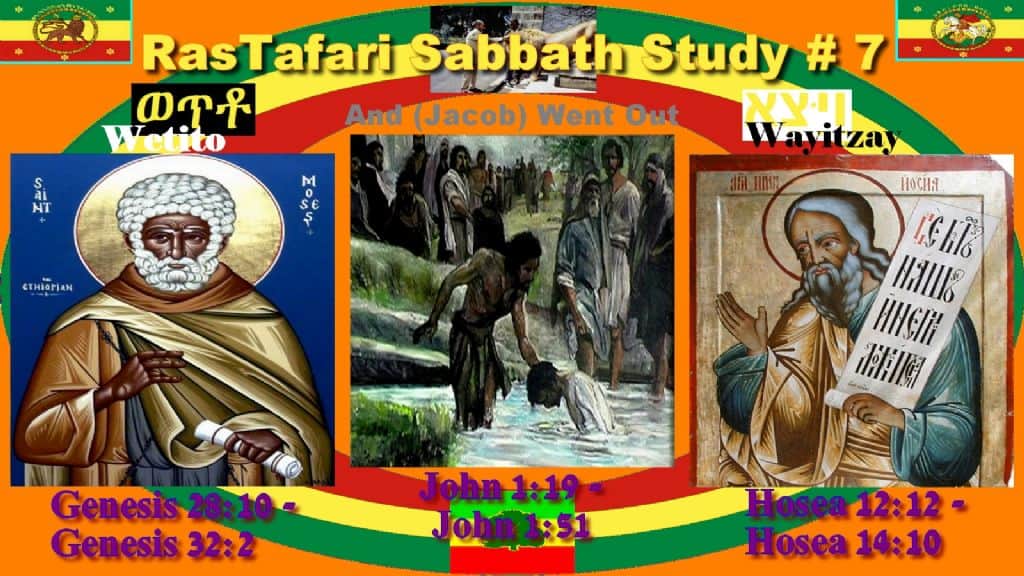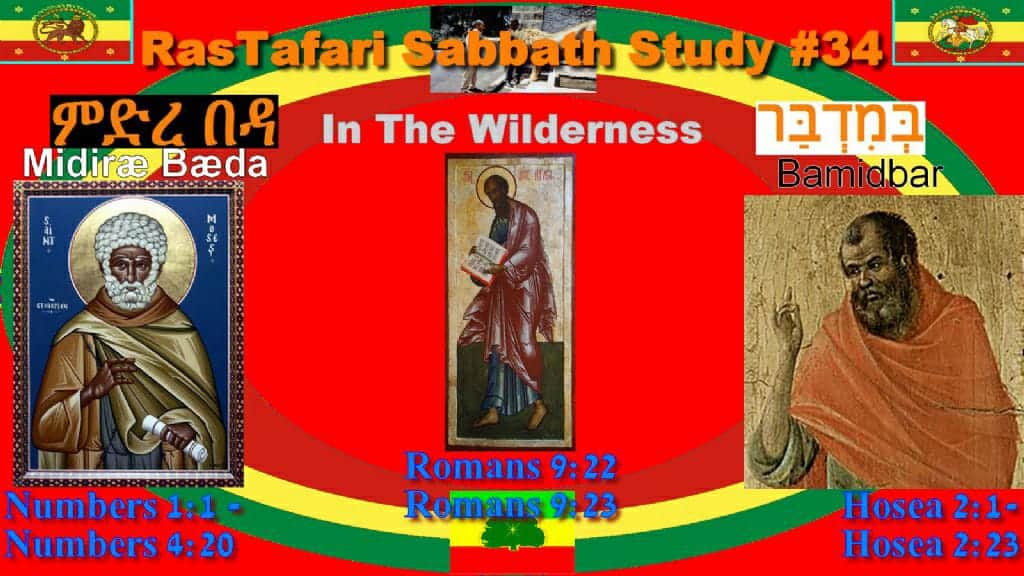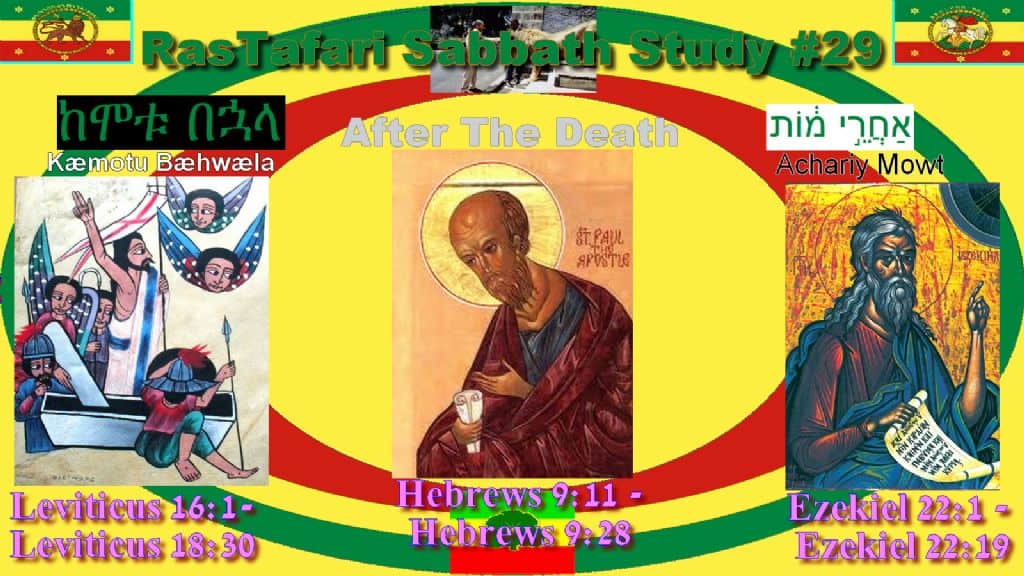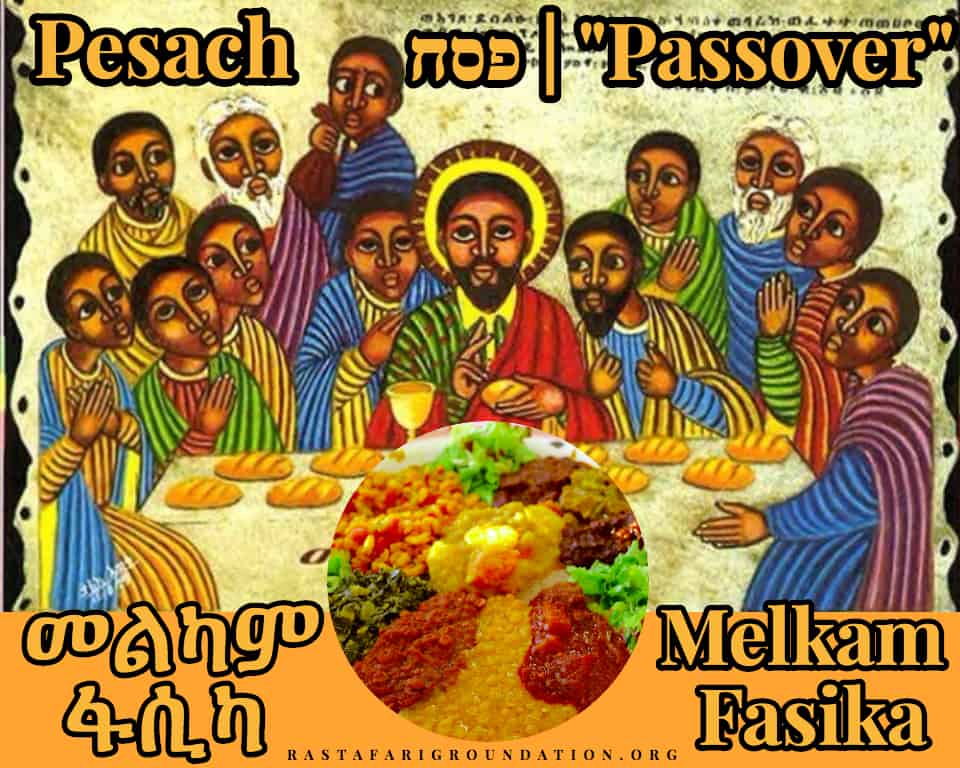This Week's Portion #44
Devarim | דברים | "Words" የነገራቸው ቃል [ይህ ነው] | yeNegerachew Qal [yih’ new]
*For a PDF version of All the Torah Portions Schedule, click here to download!
1. Torah Reading
2. Prophets Reading
Isaiah 1:1-27
3. New Testament Reading
Acts 9:1-21
Portion Outline - TORAH
- Deuteronomy 1:1 | Events at Horeb Recalled
- Deuteronomy 1:9 | Appointment of Tribal Leaders
- Deuteronomy 1:19 | Israel's Refusal to Enter the Land
- Deuteronomy 1:34 | The Penalty for Israel's Rebellion
- Deuteronomy 1:46 | The Desert Years
- Deuteronomy 2:26 | Defeat of King Sihon
- Deuteronomy 3:1 | Defeat of King Og
Portion Outline - PROPHETS
- Isaiah 1:1 | Introduction
- Isaiah 1:2 | The Wickedness of Judah
- Isaiah 1:21 | The Degenerate City
Portion Study Book Download & Summary
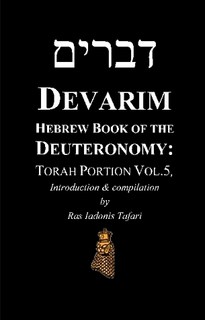 DEVARIM Hebrew Book of Deuterronomy - Torah Portion Vol.5 (FREE PDF)
DEVARIM Hebrew Book of Deuterronomy - Torah Portion Vol.5 (FREE PDF)
Devarim (דברים) is both the title for the last book from the scroll of the Torah and the title of the first Torah portion therein. Devarim means “words.” The English-speaking world calls this book Deuteronomy. The Hebrew title for the book comes from the opening phrase of the book: “These are the words (devarim) which Moses spoke to all Israel across the Jordan in the wilderness” (Deuteronomy 1:1).
One ancient name for the book of Deuteronomy is Mishnah HaTorah (משנה תורה), which means “repetition of the Torah.” This is similar to the Greek Septuagint name Deuteronomos, which means “second law.” The English name Deuteronomy is derived from Deuteronomos.
The book of Deuteronomy is dominated by Moses’ farewell address to the children of Israel as he urges them to remain faithful to the covenant and prepares them for entering Canaan. During the course of the book, Moses reviews the story of the giving of the Torah at Sinai and the trip to the Promised Land, reiterates several laws of Torah and introduces new laws. The book seems to follow the general pattern of an ancient Near Eastern covenant treaty document.
As we study the first week’s reading from the book of Exodus, the children of Israel are assembled on the plains of Moab across the Jordan from Jericho.
Portion Commentary
Like the Stars of Heaven
Thought for the Week:
To be a person of successful faith, it is important to develop an unwavering belief in God's faithfulness to His promises. The Bible is full of extravagant promises. When a father promises his son, "Tonight I will bring home ice cream," the child anticipates ice cream. He does not doubt. A person should strive to develop the simple, trusting faith of a child.
Commentary:
The LORD your God has multiplied you, and behold, you are this day like the stars of heaven in number. (Deuteronomy 1:10)
Moses observed that the children of Israel were an innumerable host, like the stars of heaven. This was the fulfillment of a promise God had made to Abraham. One night Abraham was in his tent when God appeared to him in a vision and said, "Do not fear, Abram, I am a shield to you; your reward shall be very great" (Genesis 15:1). Abraham objected that a reward was of little use to him since he had no heir to give it to. Then the LORD took Abraham outside the tent and showed him the myriad stars splayed across the nighttime sky. The LORD said, "Now look toward the heavens, and count the stars, if you are able to count them. ... So shall your descendants be" (Genesis 15:5). It was this promise that Abraham believed and God credited to him as righteousness.
In Deuteronomy 1 the promises God made to Abraham in the Negev were about to be fulfilled. The children of Israel had multiplied into a host that Moses likened to "the stars of heaven in number" (Deuteronomy 1:10).
Though the hosts of Israel might seem innumerable as the stars, God knows each person individually. The Psalms say, "He counts the number of the stars; He gives names to all of them" (Psalm 147:4). With God, no person is inconsequential. He knows each of us by name.
When the people of Israel struggled under the bondage of the Assyrian and Babylonian exile, they felt that God not longer saw them. The people said, "My way is hidden from the LORD, and the justice due me escapes the notice of my God" (Isaiah 40:27). The prophet Isaiah responded by telling the Israelites to look up into the nighttime sky and see the stars:
Lift up your eyes on high and see who has created these stars, the One who leads forth their host by number, He calls them all by name; because of the greatness of His might and the strength of His power, not one of them is missing. (Isaiah 40:26)
If God marshals the starry host, shepherding them so that not even one of them escapes His notice, He also watches over and cares for the people who are like the stars of heaven. Not one of them is missing before Him.

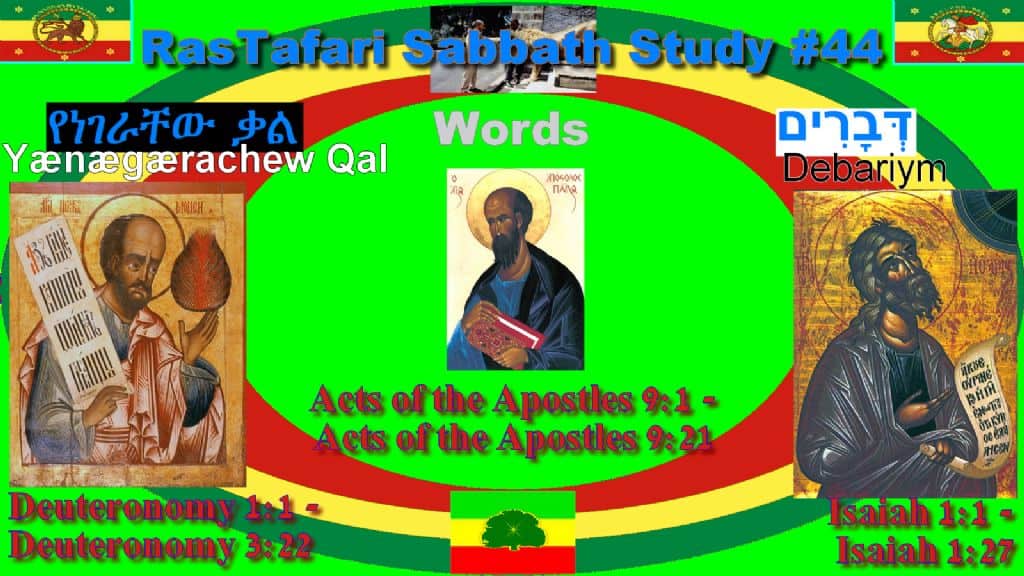
![Devarim | דברים | "Words" የነገራቸው ቃል [ይህ ነው] | yeNegerachew Qal [yih’ new] Devarim | דברים | "Words" የነገራቸው ቃል [ይህ ነው] | yeNegerachew Qal [yih’ new]](https://lojs.org/wp-content/uploads/2019/03/Discipleship-Radi0-RasTafari-Bible-Readings-44_1.jpg)
![Devarim | דברים | "Words" የነገራቸው ቃል [ይህ ነው] | yeNegerachew Qal [yih’ new] Devarim | דברים | "Words" የነገራቸው ቃል [ይህ ነው] | yeNegerachew Qal [yih’ new]](https://lojs.org/wp-content/uploads/2019/03/Discipleship-Radi0-RasTafari-Bible-Readings-44_2.jpg)
![Devarim | דברים | "Words" የነገራቸው ቃል [ይህ ነው] | yeNegerachew Qal [yih’ new] Devarim | דברים | "Words" የነገራቸው ቃል [ይህ ነው] | yeNegerachew Qal [yih’ new]](https://lojs.org/wp-content/uploads/2019/03/Discipleship-Radi0-RasTafari-Bible-Readings-44_3.jpg)
